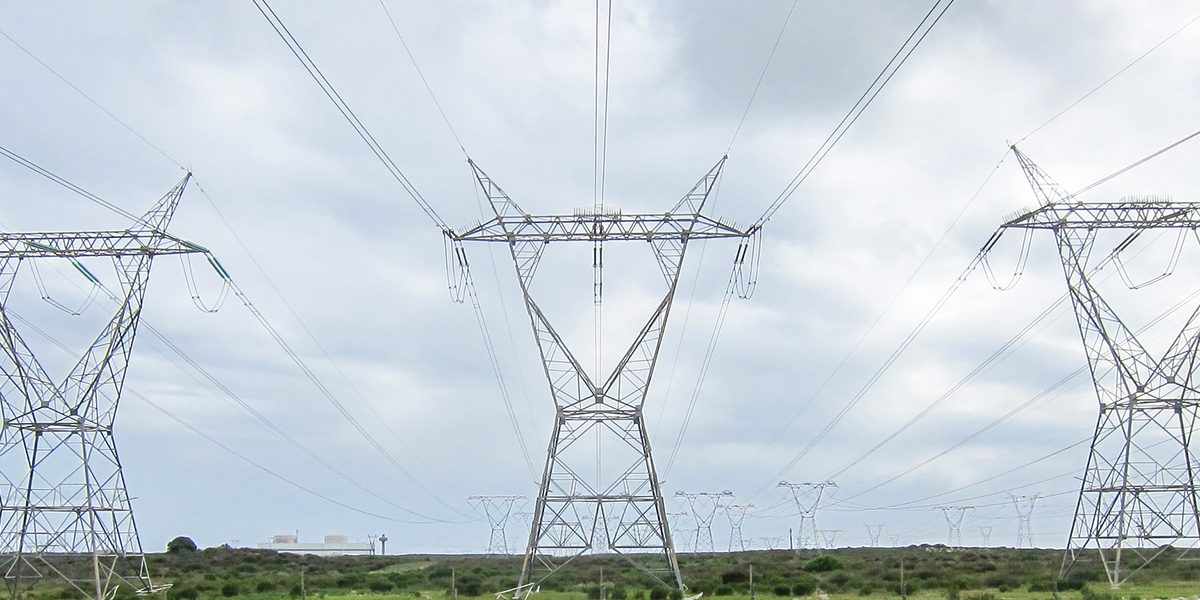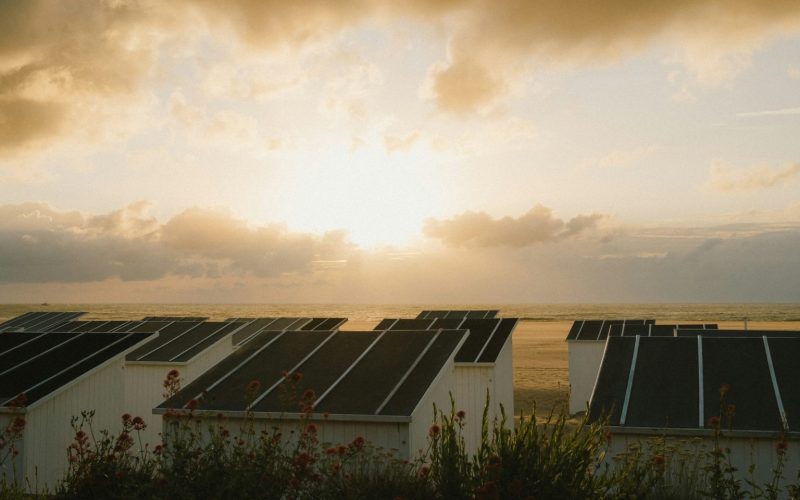The chapter ‘South Africa-EU energy governance: tales of path dependency, regional power, and decarbonisation’ was authored by former SAIIA Senior Researcher, Dr Agathe Maupin.
About the book
In a multipolar world with growing demand for energy, not least by Emerging Powers such as the BICS, questions of EU external energy governance would at first hand appear to be a high-priority.
Yet, reality tells a different story: the EU’s geographical focus remains on adjacent countries in the European neighbourhood and on issues related to energy security. Despite being Strategic Partners and engaging in energy dialogues, it seems that the EU is lacking strategic vision and is not perceived as a major actor in energy cooperation with the BICS. Thus, political momentum for energy co-operation and joint governance of scarce resources is vanishing.
Resulting from three years of international, interdisciplinary research co-operation among academics and practitioners in Europe and the BICS countries within a project funded by the Volkswagen Foundation, this volume addresses one of the greatest global challenges. Specific focus lies on the bilateral energy dialogues and Strategic Partnerships between the EU and Emerging Powers regarding bilateral, inter- and transnational energy cooperation. Furthermore, the analysis provides policy recommendations in order to tap the full potential of energy cooperation between the EU and Brazil, India, China and South Africa.
About the chapter, ‘South Africa-EU energy governance: tales of path dependency, regional power, and decarbonisation’
Under this book’s third section focusing on EU External Energy Relations with China, India, Brazil, South Africa, this chapter provides insights from a South African perspective in order to explain the content and shape of the EU-South Africa energy dialogue. It starts with background information about South African energy policy. Subsequently, it turns to the empirical data generated by our survey, interviews (May 2012–December 2013), and document data, in order to reveal South African actors’ motivations to get involved in the EU-South Africa energy dialogue, as well as their normative orientations and mutual perceptions. Emphasis is also laid on the regional and global embeddedness of this dialogue.








